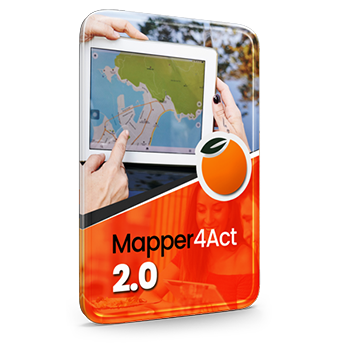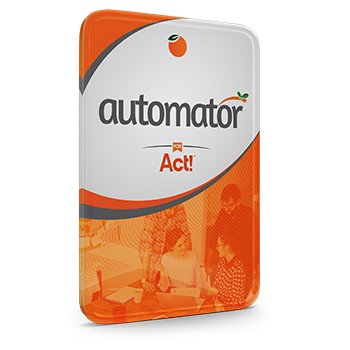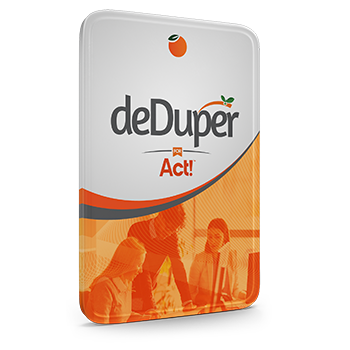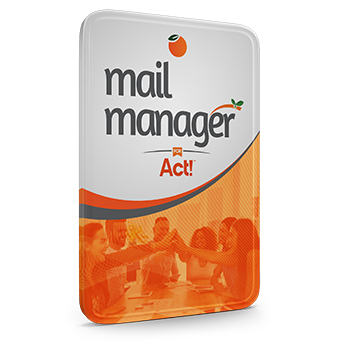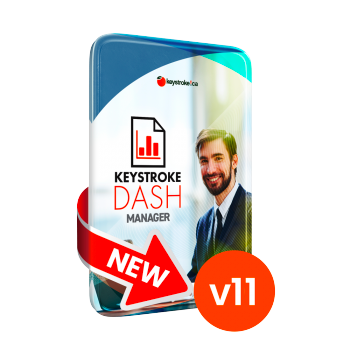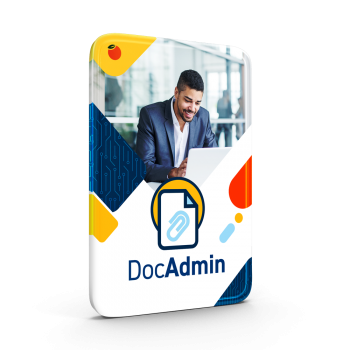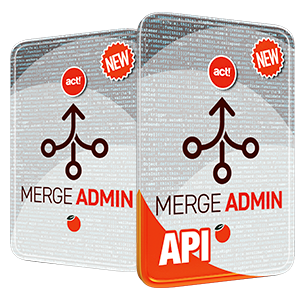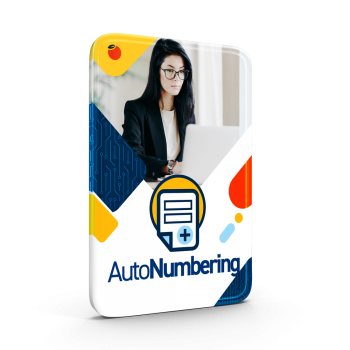Think CRM is just a fancy contact list? Think again.
Most people discover CRM software when their spreadsheet starts falling apart. But what they don’t realize is that a modern CRM, properly configured, can become the hidden engine behind stronger sales, smarter marketing, and better customer relationships.
If you're only using a CRM to store names and phone numbers, you’re missing out on its real value.
Here are five things your CRM can actually do, even if no one told you:
1. Spot Revenue Leaks Before You Even Notice Them
While you’re focused on growing your business, your CRM can quietly track what's slipping through the cracks. It monitors the timing and frequency of client interactions, identifying customers who haven’t responded, haven't opened your emails, or haven’t purchased in a while.
These subtle signs often point to disengagement, but they are easy to miss. With the right alerts in place, your CRM notifies you early so you can re-engage the customer before the relationship fades. What would have been a lost sale becomes a recovered opportunity.
2. Turn Any Action Into a Smart Trigger
CRMs today go far beyond contact management. They can create automated workflows based on specific customer activity, no coding required.
Imagine a contact fills out a form on your website. Instantly, a task is created for your team to follow up. A quote is sent and not responded to in three days? Your CRM assigns a reminder. A deal is marked as closed? The client automatically receives a welcome email series.
These automated triggers save time, reduce human error, and ensure that nothing important slips through the cracks.
3. Create One Shared Memory for Your Entire Team
How many times have you or a colleague asked, “Did anyone talk to this client yet?” or “What did we last say to them?”
A CRM solves this by keeping a complete history of every interaction in one place. Emails, phone call notes, follow-up reminders, and meeting outcomes are all stored within the contact’s profile. Whether the interaction was handled by you or someone else, the information is there, organized and ready.
This gives your team clarity, consistency, and the ability to pick up right where the last person left off, no matter who is available.
4. Prevent Missed Follow-Ups Without Manual Effort
Missed follow-ups are one of the biggest causes of lost deals. The problem is, we are human. We forget. We get busy. And sometimes we don’t even know a follow-up is needed.
Your CRM removes that uncertainty. It can be set to automatically assign tasks when specific conditions are met. For example, if a lead doesn’t reply within a set number of days or if a prospect clicks a link but doesn’t schedule a call, the system creates a task for someone to follow up.
This kind of automation ensures timely engagement and helps your business stay responsive without adding to your to-do list.
5. Show You What’s Working, Without Guesswork
It’s hard to improve what you can’t measure. A CRM gives you visibility into your sales pipeline, marketing performance, and client engagement. From email campaign reports to opportunity tracking and conversion metrics, you can see what’s really driving growth.
With this data in hand, you stop relying on gut instinct and start making informed decisions. You’ll know where to invest your time, what’s performing well, and what needs improvement.
CRMs Aren’t Just for Big Companies Anymore
The idea that CRM software is only for large businesses is outdated. In reality, small businesses benefit the most because the margin for error is smaller and time is more precious.
Act! Advantage brings together CRM, eMarketing, quoting tools, scheduling, automation, and much more into one easy-to-use platform built specifically for small teams. It works the way your business does, and it scales with you.
Ready to see what a CRM can really do for your business?
Try Act! Advantage free for 14 days. No commitment. No credit card required. Or speak with a specialist and find out how this can fit your business today.
Learn More About Act! Advantage


